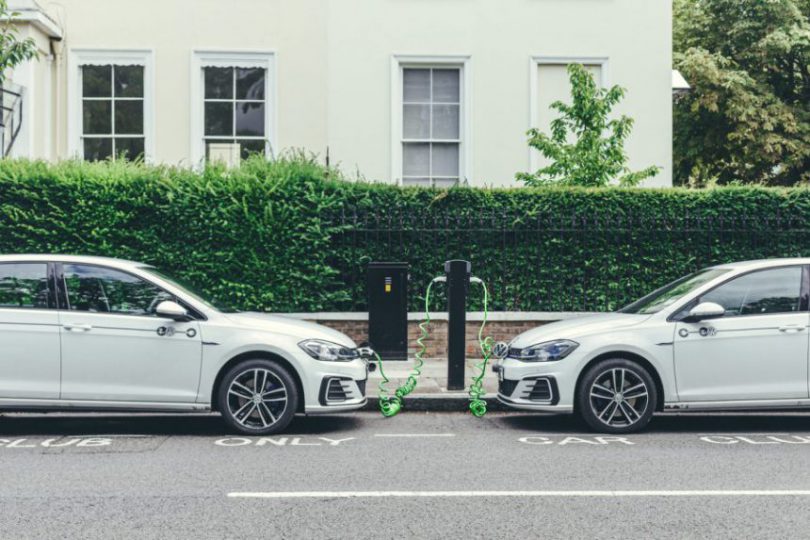
Run out of AdBlue and you might struggle to get going again
AdBlue is becoming an important part of our motoring life. And for drivers of diesel cars it could make the difference between miles of trouble-free, low pollution motoring and their car not working at all.
There are currently estimated to be more than 200,000 vehicles using AdBlue in Europe. This is because it’s been popular in the haulage industry for the past 20 years as a means of reducing poisonous exhaust emissions.
Although AdBlue is neither a fuel nor a fuel additive, cars that use it can stop running if they don’t have a sufficient amount in a special on-board tank. That’s because the AdBlue is designed to be injected into the exhaust fumes and remove the harmful nitrogen oxide gases. The trouble is, some drivers aren’t sure what AdBlue is and ignore the car’s reminders to fill it up. Sometimes when the AdBlue tank runs dry the car won’t start and they then have to call us out to get going again. Here’s all you need to know about AdBlue.
How do you know if your car uses AdBlue?
Continue reading →







